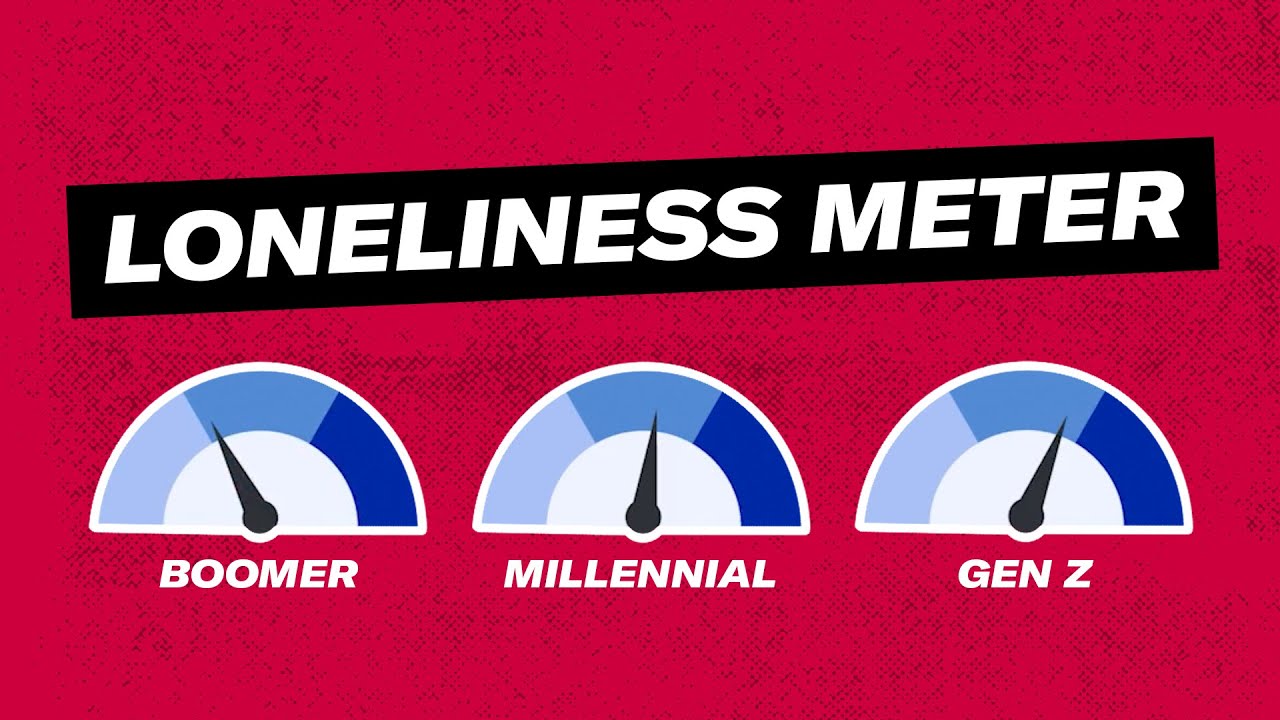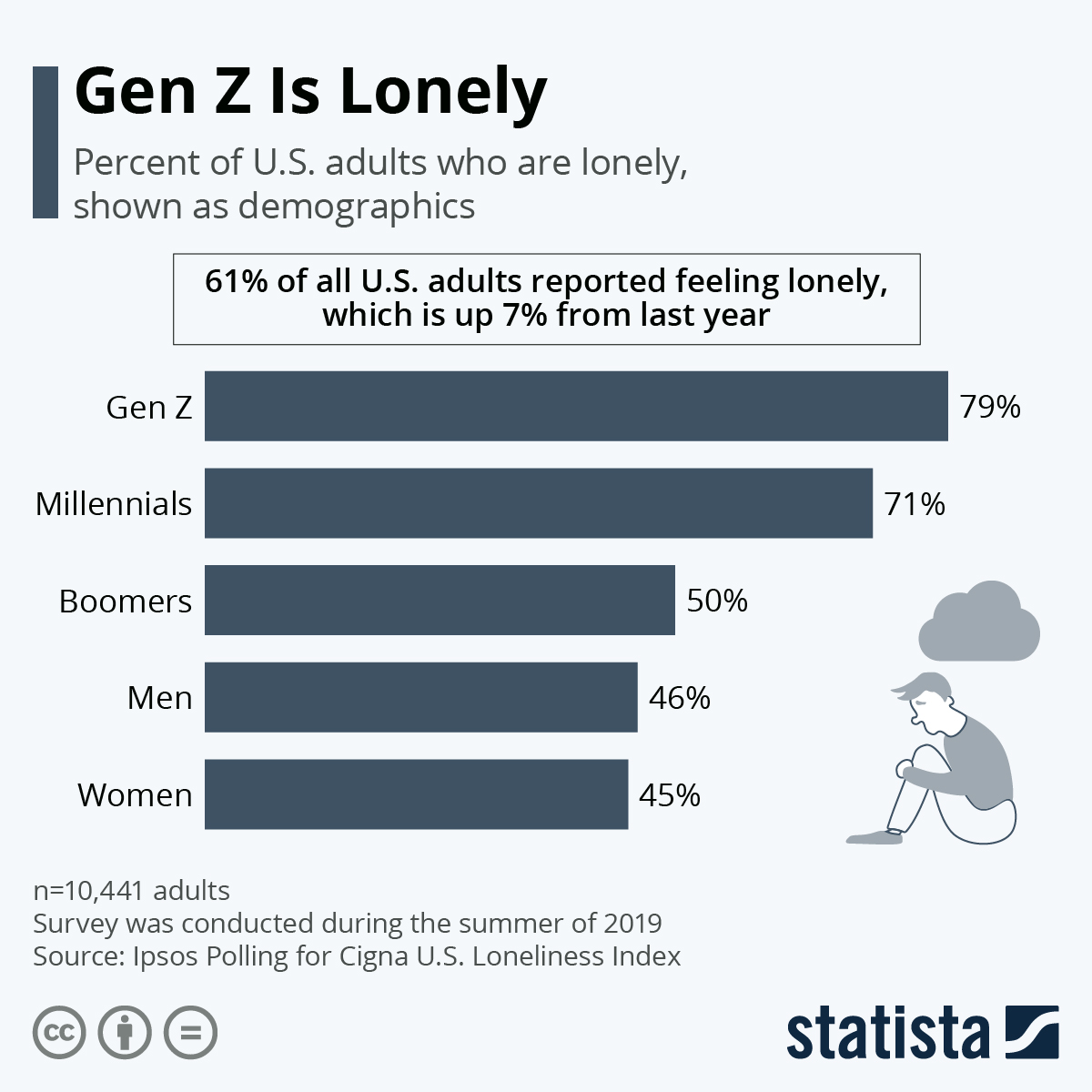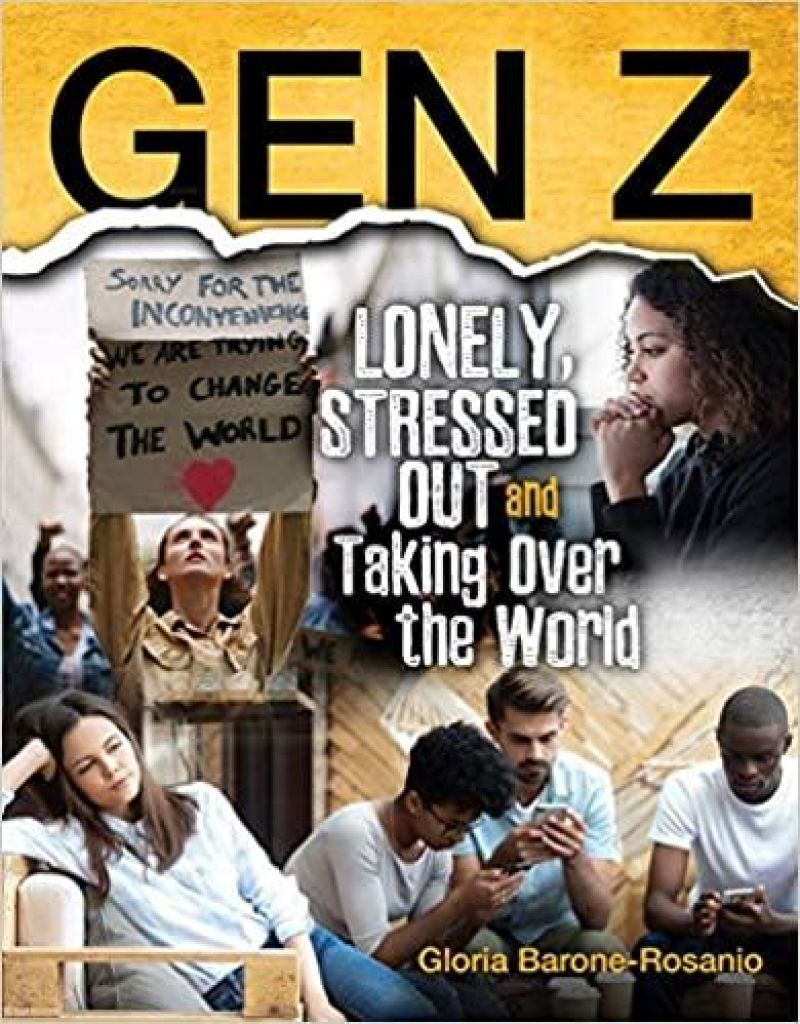According to the Prince’s Trust, young people’s overall happiness has reached an all-time low, with 30% reporting they do not know how to make friends and that they’ve never felt more alone.
Call me biased, but Gen Z is impressive in every respect.
They’re savvy consumers of information who are less prone to traffic in conspiracy theories, they’re on track to be the most well-educated generation to date, as champions of diversity and inclusion they won’t hesitate to call out injustice, and their political awareness, passion for social change, and activism is building a better future for us all.
But despite these copious attributes, a sizable cohort of them is also extremely lonely, which you may find surprising considering they’re digital natives with little or no memory of the world as it existed before smartphones.
Because, surely growing up more connected than ever, in contact with people 24/7, and always able to speak to someone at the click of a button would mean reduced feelings of isolation? Unfortunately not, according to several recent studies revealing the ugly truth about Gen Z’s overall happiness, which has hit the lowest point in more than a decade.
Firstly, it’s important we acknowledge that the internet itself is largely to blame.

In 2018, Cigna disclosed that almost 50% of the 12 to 22-year-olds it had surveyed for a report said their loneliness was brought on by the FOMO they’d experience when scrolling through apps like Instagram.
Evidently, the sense of community we get on platforms which allow us to interact with others, distance-aside, is no match for the negative impact on our wellbeing that a few hours of screen time can bring about when we can’t see those friends in person.
On that, it shouldn’t really shock you that the correlation between online communication and increased levels of mental health issues has been thoroughly investigated since the problem came to light.
And while solutions that don’t suggest ditching tech haven’t reared their heads quite yet, experts have begun encouraging Gen Zers to balance watching TikTok videos, poring over Reddit threads, and uploading Instagram stories with some good old-fashioned IRL encounters.
‘People who engage in frequent meaningful in-person interactions have much lower loneliness scores and report better health than those who rarely interact with others face-to-face,’ recommends Cigna.






















